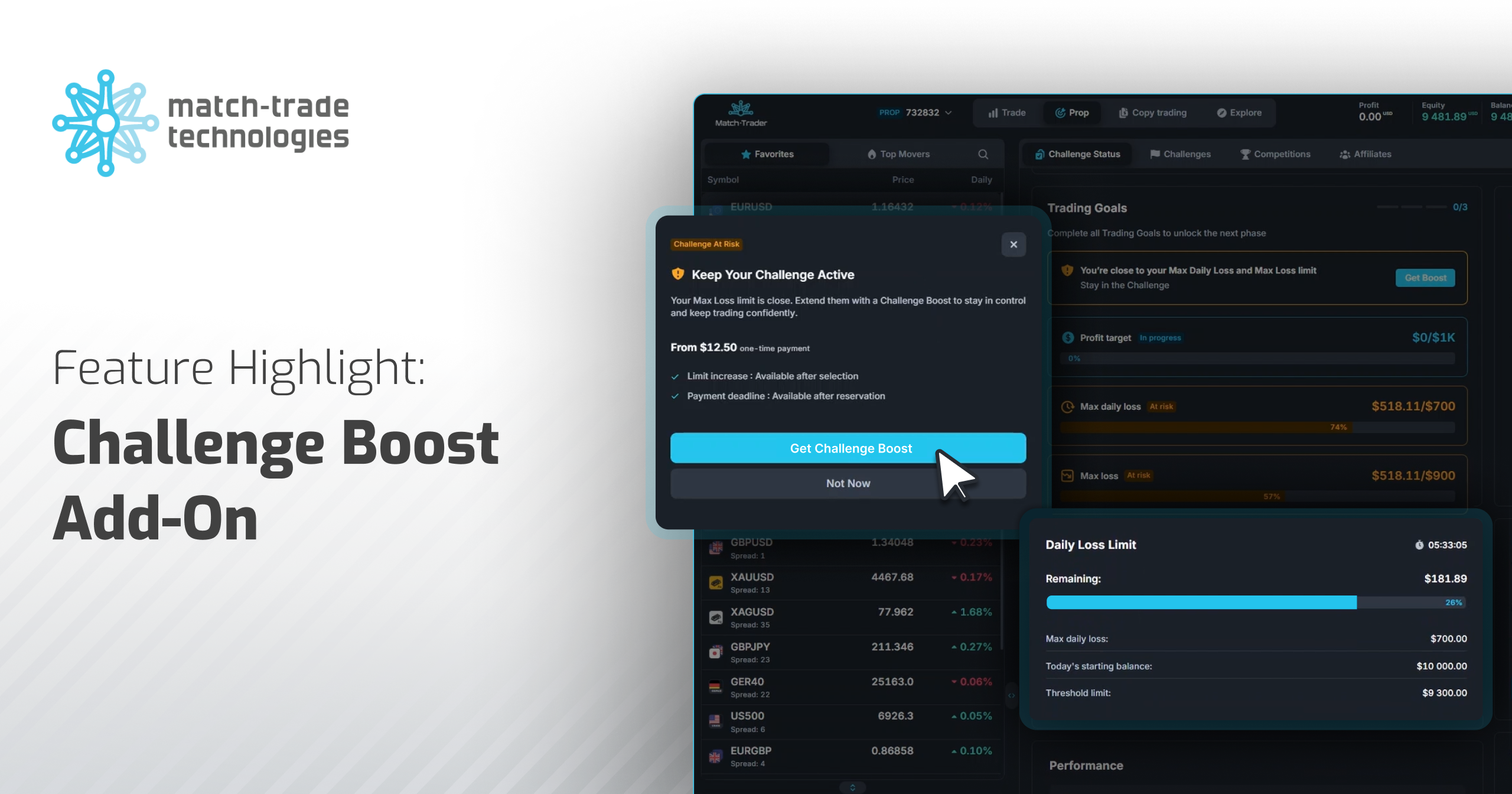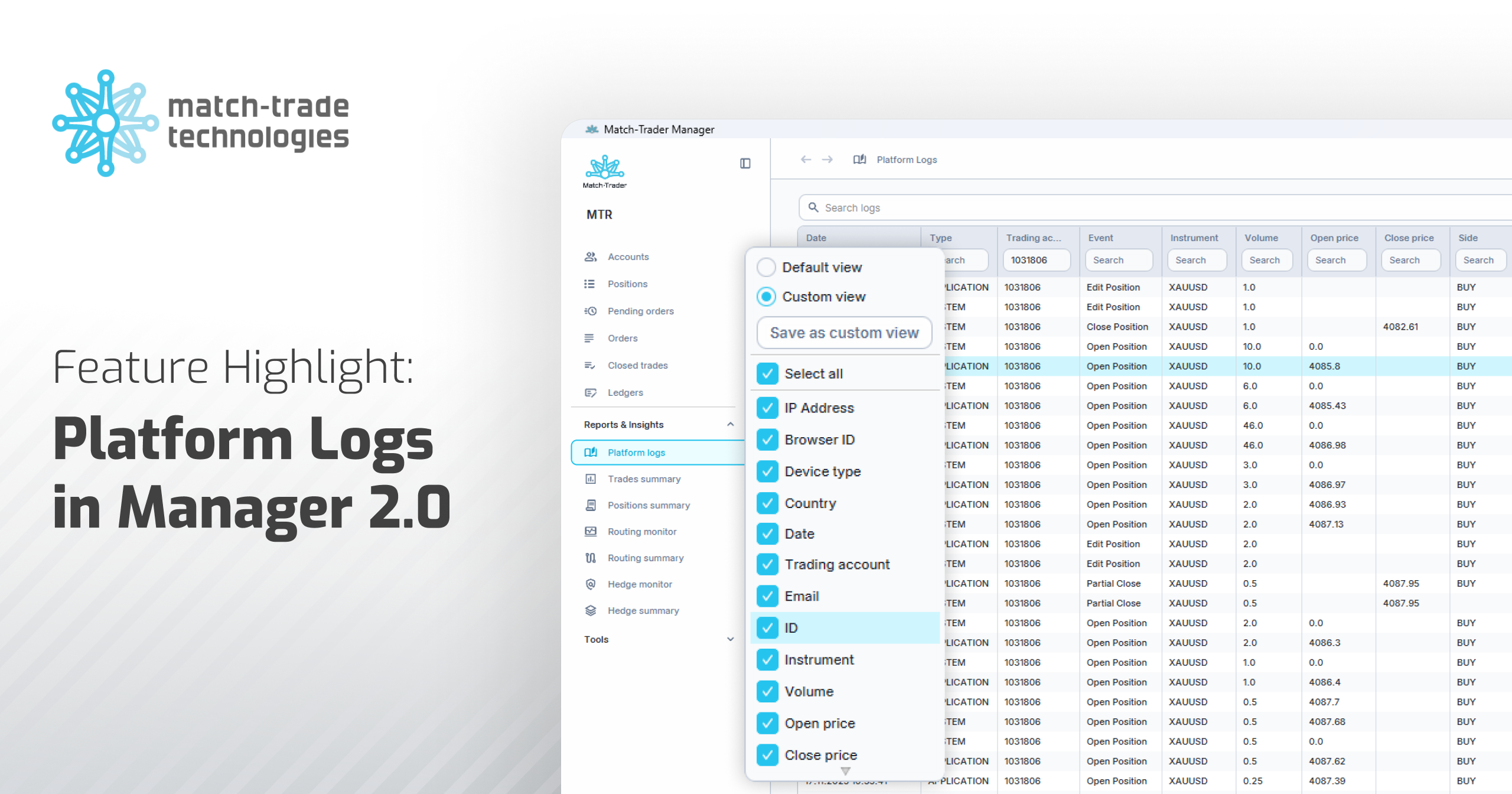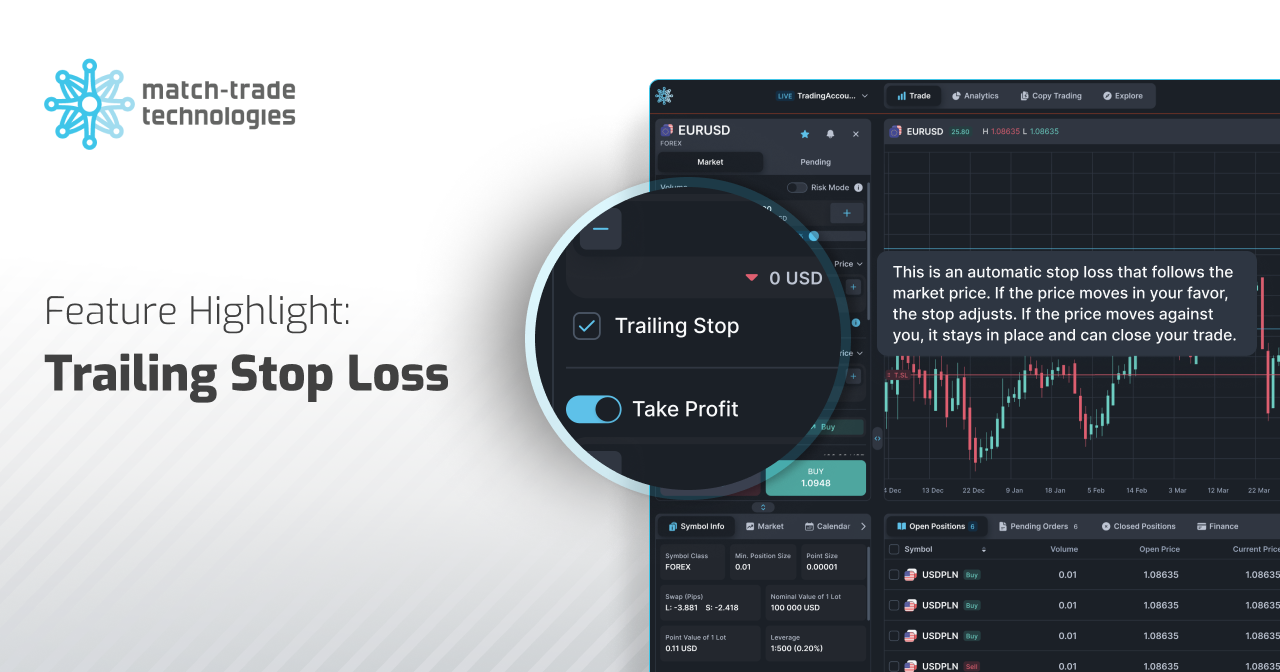The Financial Services Authority (FSA) of St. Vincent and the Grenadines (SVG) issued a statement on January 6th 2023 outlining new requirements for companies operating from the country, which caused quite a stir among Forex Brokers.
According to the authorities, this move is aimed at strengthening the regulatory framework for financial services in SVG and ensuring that companies operating from the country meet high standards of integrity and professionalism.
Financial services are an important sector in St. Vincent and the Grenadines, and the FSA has introduced these new rules to maintain the integrity of the industry and protect investors. But given the nature of the SVG regulations and the imprecision of the new regulations, the whole Forex industry is awaiting what will happen in March when the FSA deadline comes. As a result, some Brokers may consider alternative ways of operating their businesses, such as setting up in a different offshore jurisdiction with a more relaxed regulatory environment.
This article explores the new requirements and shows alternatives that are already emerging in the market. The information gathered in this article is taken from official letters sent by the FSA to SVG-registered Brokers and supplemented by the opinions of industry professionals.
New Requirements for Brokers in St. Vincent and the Grenadines
The SVG FSA has introduced the following new requirements for Brokers looking to establish their companies in the country:
- Companies must show regulatory licences for the jurisdictions they intend to operate in. This requirement applies to both new companies applying for incorporation in SVG and existing companies. Companies must provide evidence of their regulatory licences from their home jurisdiction within 45 days of the announcement of the new requirements.
What it means for Brokers: This requirement means that Brokers must be regulated by an authority in their home jurisdiction before they can operate in SVG. This may present a challenge for some SVG-registered Brokers operating outside the designated area as they need to provide additional documentation, e.g. a letter issued by local authorities. However, the FSA has not indicated what steps should be taken by Brokers who operate exclusively within SVG jurisdictions. It is uncertain whether a declaration that a Broker operates exclusively in the designated jurisdiction will be sufficient. This is one of the main unknowns, as most SVG-based Brokers do not have additional licences therefore, their area of operation is limited by other regulators.
- Companies must comply with local laws and regulations. This requirement applies to all companies operating from SVG, including Brokers. Companies must demonstrate their compliance with local laws and regulations in order to be allowed to operate in the country.
What it means for Brokers: This requirement means that Brokers must be familiar with the local laws and regulations in SVG and must demonstrate their compliance with these laws. This may mean that Brokers will have to take additional steps like getting the support of a regulatory specialist or implementing solutions like CRM to sort out the onboarding/ KYC procedure for new clients. Again, the FSA does not specify their requirements.
These requirements are aimed at maintaining the reputation of SVG as a trusted financial centre. By requiring companies to show regulatory licences from their home jurisdiction, the FSA is ensuring that companies operating from SVG are subject to appropriate levels of regulation and oversight.
Alternative Offshore Jurisdictions with Similar Regulatory Requirements
As the market abhors a vacuum, some alternatives have already emerged. Some Brokers, in an effort to secure business continuity in the event of unforeseen FSA decisions, already started to set up a branch office in a different jurisdiction that has similar regulatory requirements to St. Vincent and the Grenadines while also offering favourable tax policies.
At Match-Trade Technologies, we are aware of alternative licensing options with a similar set up to SVG that also praise to provide a sufficient level of protection for Brokers’ clients. As mentioned before, these new requirements are meant for the development of the financial services sector in St. Vincent and the Grenadines. They will ensure that brokerage firms are well-capitalised, transparent, and ethical in their operations, which is important for maintaining the integrity of the industry and protecting the interests of investors. Hence, it is essential for Brokers to ensure that the chosen jurisdiction is reputable and has a strong regulatory framework in place. The last thing a Broker wants is to set up in a jurisdiction that is not able to protect the interests of investors.
Difficulties that MT4/MT5 White Label Brokers may face
According to an industry insider, a Broker who had a licence outside of St. Vincent and the Grenadines (SVG) wanted to move his White Label to SVG, but it was not possible. The Broker was informed it would require opening a new White Label, which is no longer being sold. So, the only option left was to buy an MT5 server, but given that MQ, a platform provider, has recently raised its server prices and that setting up a server takes longer than a White Label platform, this may not be a suitable solution. The mentioned Broker solved this issue by choosing the modern, trader-centric platform – Match-Trader White Label.
It is clear that the Forex industry is striving to clean itself up, and attempts are underway to finally solve the problem of scams, which will work out well for everyone. However, it is important not to throw the baby out with the bathwater. Many Brokers registered on SVG have been in business for a long time and are popular and trusted among traders. Unsurprisingly, Brokers facing sanctions, e.g. non-renewal of company registration, are concerned that they will not be able to meet such vague requirements, especially within the 45 days indicated in the document. Therefore, all our clients can count on our support in securing the continuity of their business.





